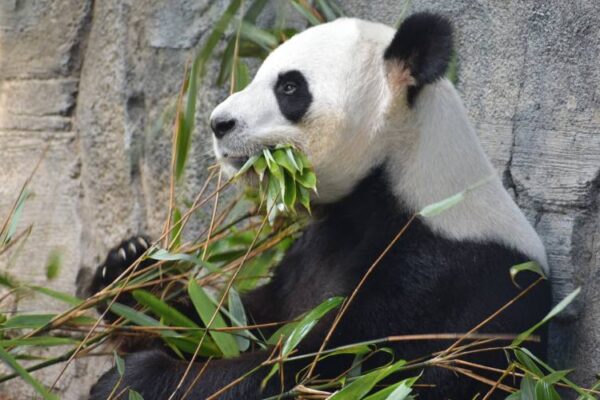Jaguars, toucans, and capuchin monkeys represent the biodiversity of tropical rainforests. Their vibrant colors and varied behaviors showcase the complexity of this rich ecosystem.

The Importance of Animal Enrichment in Zoos
Animal enrichment is a critical component of modern zoo care, aimed at enhancing the quality of life for animals living in captivity. Enrichment activities stimulate the animals’ natural behaviors, preventing boredom and promoting physical and mental health.
Zoos offer a variety of enrichment activities to meet the needs of different species. For predators like lions and tigers, providing opportunities to "hunt" for their food in the form of puzzle feeders can encourage natural hunting behaviors. Primates, such as gorillas and chimpanzees, benefit from social enrichment through complex puzzle-solving activities and group interaction.
Enrichment is not only about play; it is designed to address the species' psychological needs. For example, elephants, which are highly intelligent and social creatures, often receive enrichment in the form of physical challenges, social interactions, and mental stimulation. In addition to feeding strategies that encourage foraging, keepers create opportunities for elephants to manipulate objects, explore new environments, and engage in physical activity.
The goal of enrichment is to prevent stereotypic behaviors—repetitive actions like pacing, swaying, or biting—that can develop when animals are bored or stressed. These behaviors are often signs of poor mental health, which zoos strive to prevent through proper habitat design and activity schedules.
In conclusion, enrichment is an essential practice in zoos, ensuring that animals remain physically and mentally healthy while living in captivity. By encouraging natural behaviors and providing stimulating environments, zoos create better lives for their animals.


